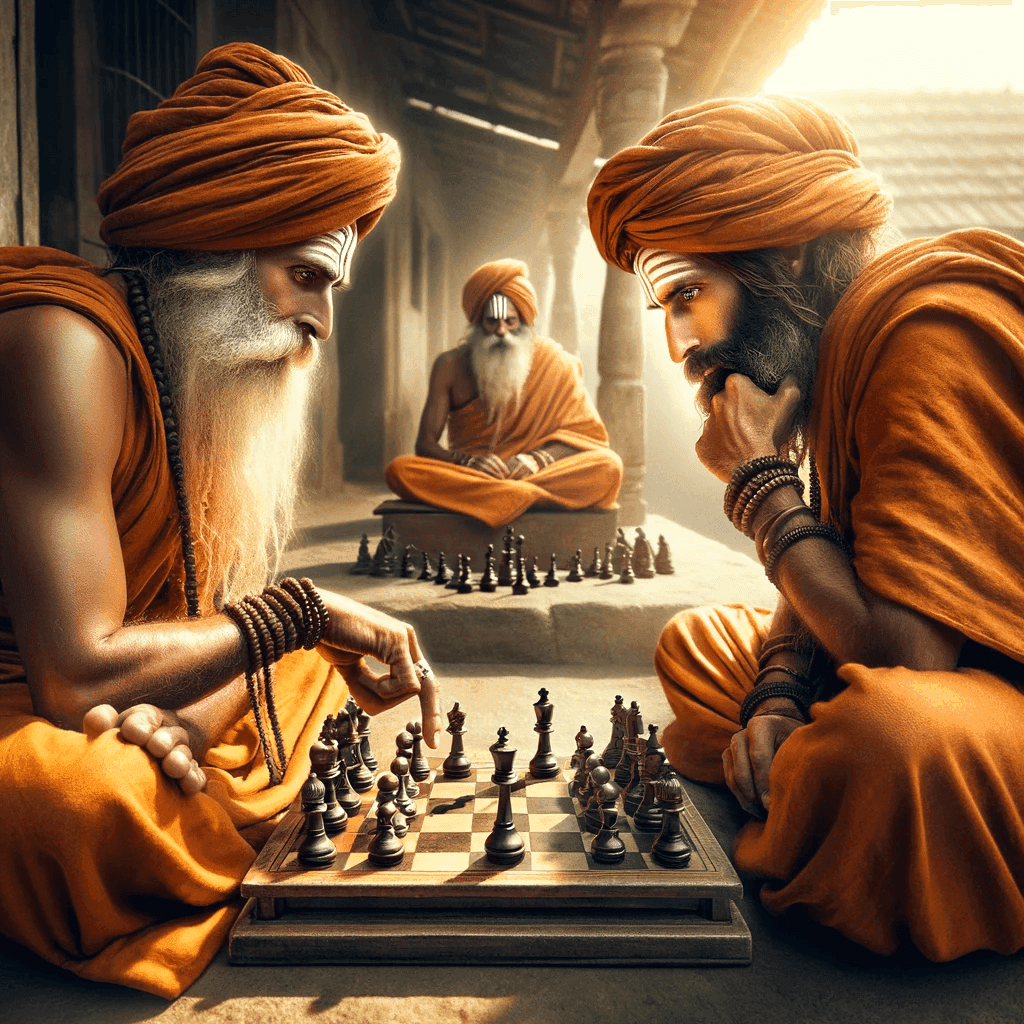Chess: From Chaturanga to Global Phenomenon
Chess, a strategic and intellectual board game, has a rich history that dates back over a thousand years. Originating in ancient India as 'Chaturanga', it has evolved into the modern game known worldwide, renowned for its complex strategies and profound depth.
Information and Other Details

The Origin and Evolution of Chess
Chess's journey began in India during the Gupta Empire, around the 6th century AD, with the game 'Chaturanga'. This Sanskrit term, meaning 'four divisions of the military' – infantry, cavalry, elephantry, and chariotry – reflects the game's representation of a battlefield. Chaturanga is considered the earliest form of chess, where the fundamental rules and the concept of a checkmated king were already in place.
Chaturanga's Transition to Shatranj
As the game spread from India to Persia, it became known as 'Shatranj'. Following the Islamic conquest of Persia, chess spread across the Islamic world, where it was modified and refined. The game’s migration to Southern Europe occurred during the Moorish conquest of Spain, leading to further developments in the rules and design of the game.
The Development of Modern Chess
The transformation from Shatranj to the chess we recognize today occurred between the 15th and 19th centuries in Europe. This period saw significant changes, such as the introduction of the queen and bishop’s modern moves. The 19th century, often referred to as the 'Romantic Era of Chess', was marked by aggressive attacking play and produced many of chess's great masters.
Chess in Literature and Culture
Chess has been referenced in numerous literary and historical texts, symbolizing strategy, intelligence, and sometimes the futility of war. Its portrayal in works like the Persian epic 'Shahnameh' and its mention in the works of famous poets and playwrights, including Shakespeare, reflects its deep cultural impact.
Chess in the Modern Era
Today, chess is a global game, played and celebrated in various cultures. The establishment of standardized rules and the founding of the International Chess Federation (FIDE) in the 20th century have universalized the game. The advent of computer chess and online platforms has transformed how chess is learned, played, and even spectated.
Chess as a Mind Sport
Recognized as a sport by the International Olympic Committee, chess demands mental agility, deep strategy, and foresight. The game’s cognitive benefits, such as improving memory, problem-solving skills, and concentration, are well-documented, making it a popular educational tool.
...




